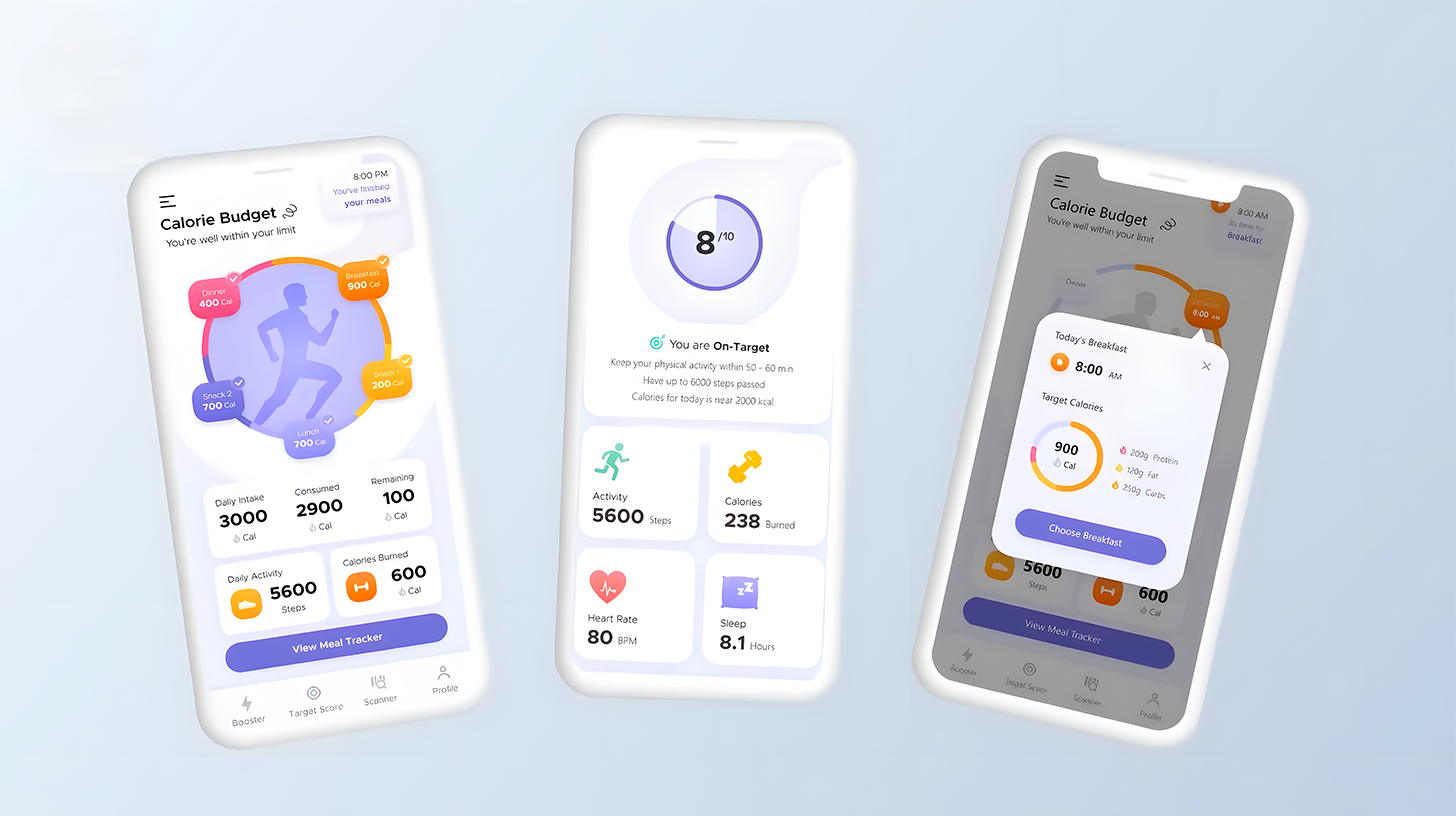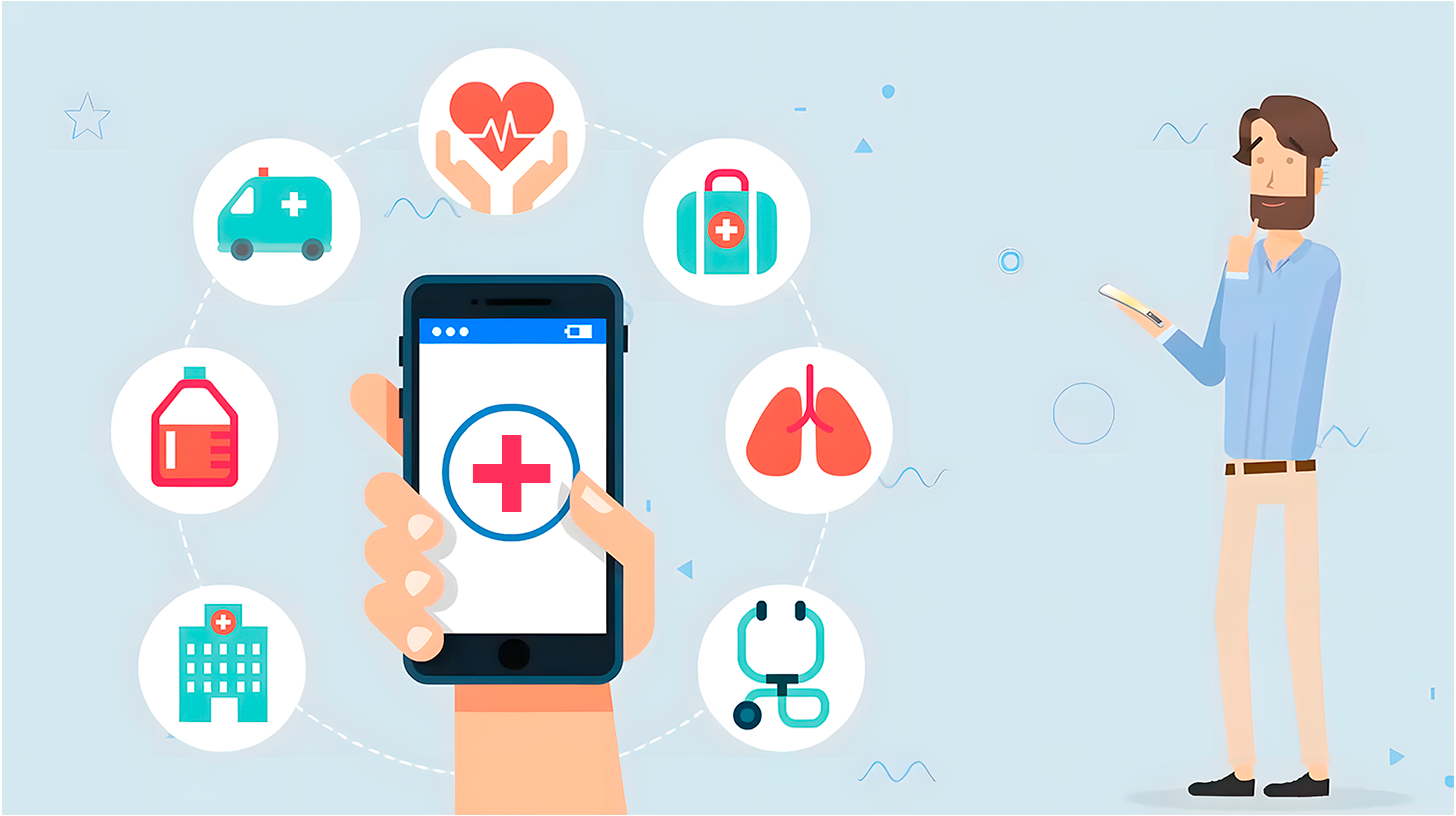The digital revolution has changed the healthcare industry, introducing innovative solutions that enhance medical treatment and patient care. One of the significant advancements is healthcare apps. These mobile applications offer various features, making healthcare more accessible, efficient, and personalized. Here are some crucial features you should pay attention to when ordering healthcare software development services.
Secure Patient Portal
Healthcare apps should feature a secure patient portal allowing users to access their health information anytime. This portal should provide a complete patient medical history overview, including past diagnoses, prescriptions, test results, and scheduled appointments. With this feature, patients can take control of their health and make informed decisions about their treatments.
Appointment Scheduling
Healthcare apps should make it easy for patients to schedule appointments with their preferred doctors. This feature should allow users to view the available slots, book an appointment, and receive confirmation notifications. Some advanced healthcare apps offer virtual visits or telemedicine features, enabling patients to consult with their doctors remotely.
Medication Reminders
One of the common problems in healthcare is medication non-adherence. Healthcare apps should include medication reminders that notify patients when it’s time to take their prescribed drugs. This feature can significantly improve medication adherence and lead to better health outcomes.

Health Tracking
Healthcare apps can empower patients to monitor their health by including health-tracking features. These may include tracking physical activities, heart rate, sleep patterns, calorie intake, weight changes, etc. By keeping track of these health metrics, patients can better understand their health status and make necessary lifestyle changes.
Secure Messaging
Communication is key in healthcare. Thus, healthcare apps should facilitate secure messaging between patients and healthcare providers. This feature allows patients to ask questions, discuss symptoms, or share concerns directly with their doctors. It also delivers a platform for healthcare providers to give advice, explain treatment plans, and provide emotional support.
Integration with Wearable Devices
With the popularity of wearable devices, such as smartwatches and fitness trackers, healthcare apps should be able to integrate with these devices. This feature enables real-time health tracking and makes it more comfortable for users to share their health data with their doctors.
Educational Resources
Lastly, healthcare apps should provide educational resources to help users understand their health conditions better. These resources can include articles, videos, infographics, or interactive tools that cover various health topics.
In conclusion, healthcare apps are a powerful tool in modern healthcare, providing many features that enhance patient care and treatment. By incorporating these features, healthcare apps can improve the patient experience.



